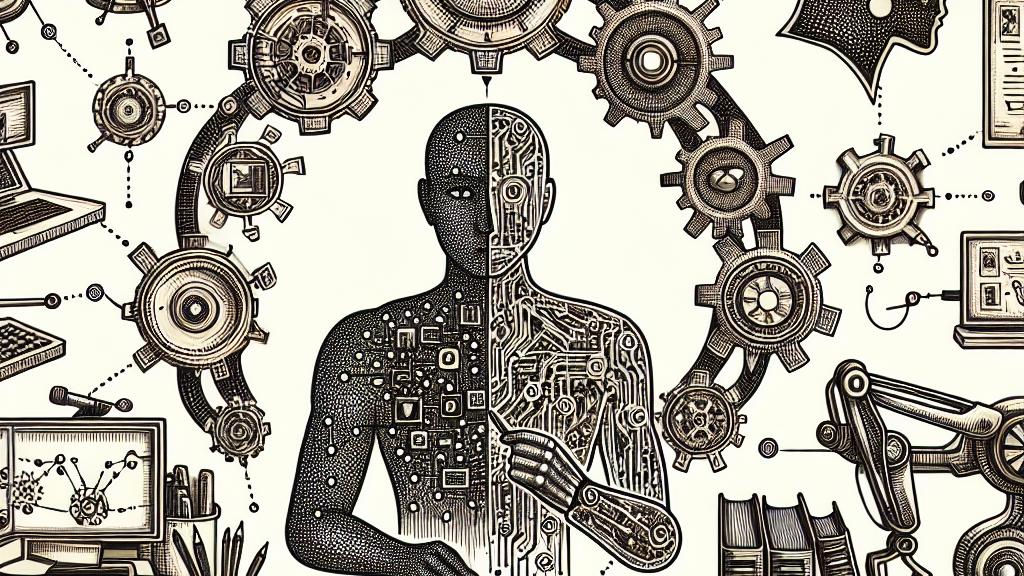Improving AI Performance by Learning When to Use External Tools
Overview
- Unlocks a potential 30% boost in AI performance by leveraging external tools effectively.
- Introduces the innovative 'Adapting While Learning' approach, teaching AI to recognize when to seek help.
- Highlights pioneering research from UC San Diego and Tsinghua University that reshapes AI strategies.

The Transformative Power of Tool Utilization in AI
Imagine a scenario where artificial intelligence not only tackles complex tasks but also intelligently knows when to reach out for assistance from external resources. A novel study from the collaborative powerhouse of UC San Diego and Tsinghua University, set against the dynamic backdrop of the United States, unveils that training AI to identify perfect moments for employing external tools can lead to a remarkable 30% increase in performance. Instead of rigidly depending on its internal capabilities, which can feel akin to running in place, AI that seamlessly integrates its inherent skills with timely external input can yield far more accurate and nuanced results. This innovative approach crucially addresses the frustrating issue of 'hallucinations,' that eerie tendency for AI to concoct misinformation, which often undermines confidence in AI applications across various industries.
Delving into the Adaptive Learning Process
At the heart of this remarkable advancement lies the ingenious framework known as 'Adapting While Learning.' This method not only enables AI to process solutions generated by external tools but also allows it to internalize and integrate that valuable knowledge. Picture this: an AI evaluates the complexity of the task at hand and skillfully categorizes it as either 'easy' or 'difficult.' Faced with a challenging problem, instead of stubbornly trying to solve it alone, the AI wisely opts to tap into external support. This nuanced decision-making not only enhances operational efficiency considerably but also sharpens the AI's overall performance. For example, in sectors like scientific research, where timely analysis can unveil game-changing discoveries, or in nuanced financial modeling—where every decimal can influence substantial economic outcomes—this adaptability is invaluable. The brilliance of this strategy emphasizes that sheer computational prowess is paramount, but knowing when to deploy the right tools is often the true differentiator between effective and extraordinary AI.
Overcoming Operational Challenges in AI Systems
Navigating the complex fabric of AI operations often presents a dual challenge: many systems either heavily rely on external tools, leading to soaring operational costs, or they cling to internal capabilities alone, resulting in inevitable shortcomings. Finding that sweet spot is crucial; envision an AI that adeptly determines when to utilize external resources for optimal results—this balance not only enhances accuracy but also dramatically cuts unnecessary expenses across diverse industries. Consider the life-or-death implications in healthcare diagnostics, where the speed and accuracy of AI can make all the difference. The groundbreaking insights gleaned from this research are set to revolutionize how various sectors harness AI technology, paving the way for a future where efficiency and dependability are not merely aspirations, but ingrained standards. As we stand on the brink of this evolution, it is essential for both developers and users to fully embrace these transformative concepts, ushering in an era of intelligent AI systems that not only captivate but truly inspire innovation and progress.

Loading...